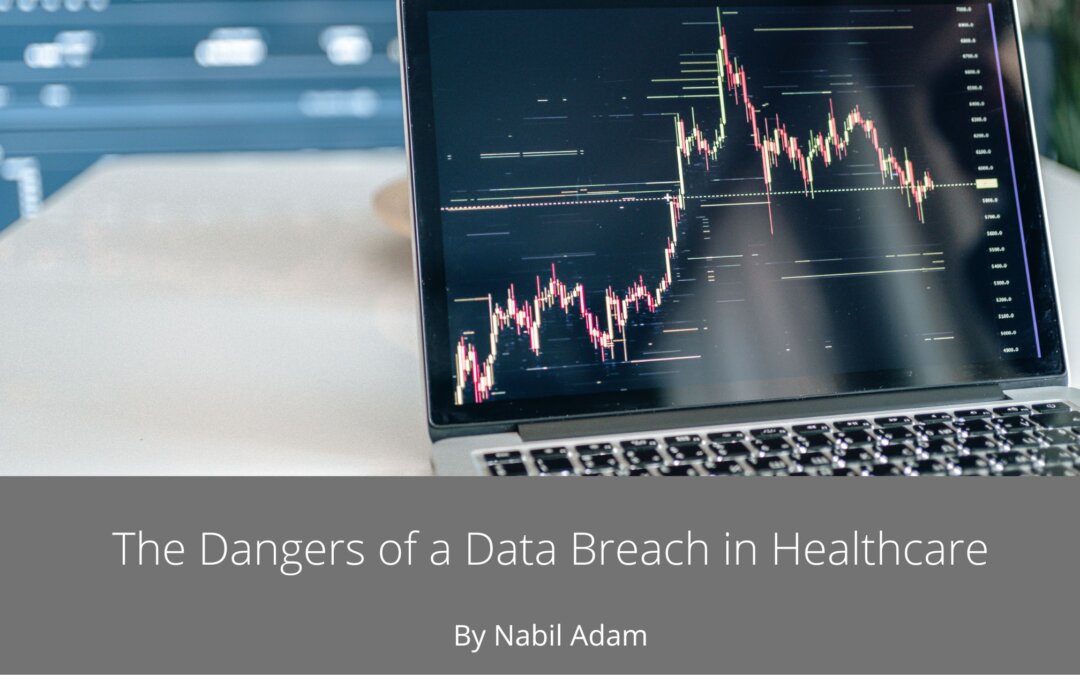The healthcare industry is one of the most vulnerable sectors when it comes to data breaches. The vast amount of sensitive data collected and stored by healthcare providers makes them a prime target for cybercriminals. In recent years, the healthcare industry has experienced some of the largest and most significant data breaches in history, highlighting the dangers of a data breach in healthcare.
One of the most significant dangers of a data breach in healthcare is the potential impact on patient privacy. The data held by healthcare providers is often incredibly personal and sensitive, including information such as medical history, diagnoses, and medications. If this information falls into the wrong hands, patients can suffer severe harm, such as identity theft or reputational damage. Moreover, a data breach in healthcare can also result in the exposure of confidential personal information that could be used to commit fraud, such as Social Security numbers and financial details.
Another significant danger of a data breach in healthcare is the potential impact on patient safety. Patient safety is critical in healthcare, and data breaches can impact it in several ways. For example, cybercriminals can alter patient information, leading to incorrect diagnoses and treatment, which can result in serious harm or even death. Additionally, a data breach can cause disruptions to critical systems, such as electronic health records, which can delay medical care and put patients at risk.
Moreover, data breaches in healthcare can have significant financial implications. Healthcare providers have invested heavily in IT systems and infrastructure to manage and store data securely. A data breach can result in significant financial losses for providers as they try to recover lost data and improve their security measures. Furthermore, data breaches can result in lawsuits and regulatory penalties, which can be costly and damaging to a provider’s reputation.
Finally, data breaches in healthcare can also impact the wider healthcare system. Healthcare providers rely on the secure sharing of information to provide effective and efficient care to patients. A data breach can lead to a loss of trust in the healthcare system, making patients less likely to share their data and reducing the effectiveness of treatments and interventions.
The dangers of a data breach in healthcare are significant and far-reaching. Healthcare providers must take all necessary steps to protect their systems and the data they hold. This includes investing in robust cybersecurity measures, such as firewalls, encryption, and multi-factor authentication, as well as staff training and regular security audits. Furthermore, healthcare providers must be transparent about any data breaches that occur, notifying affected patients and taking appropriate steps to mitigate the impact on patient privacy, safety, and financial stability. Ultimately, the healthcare industry must prioritize data security to ensure patient trust and safety are maintained.

